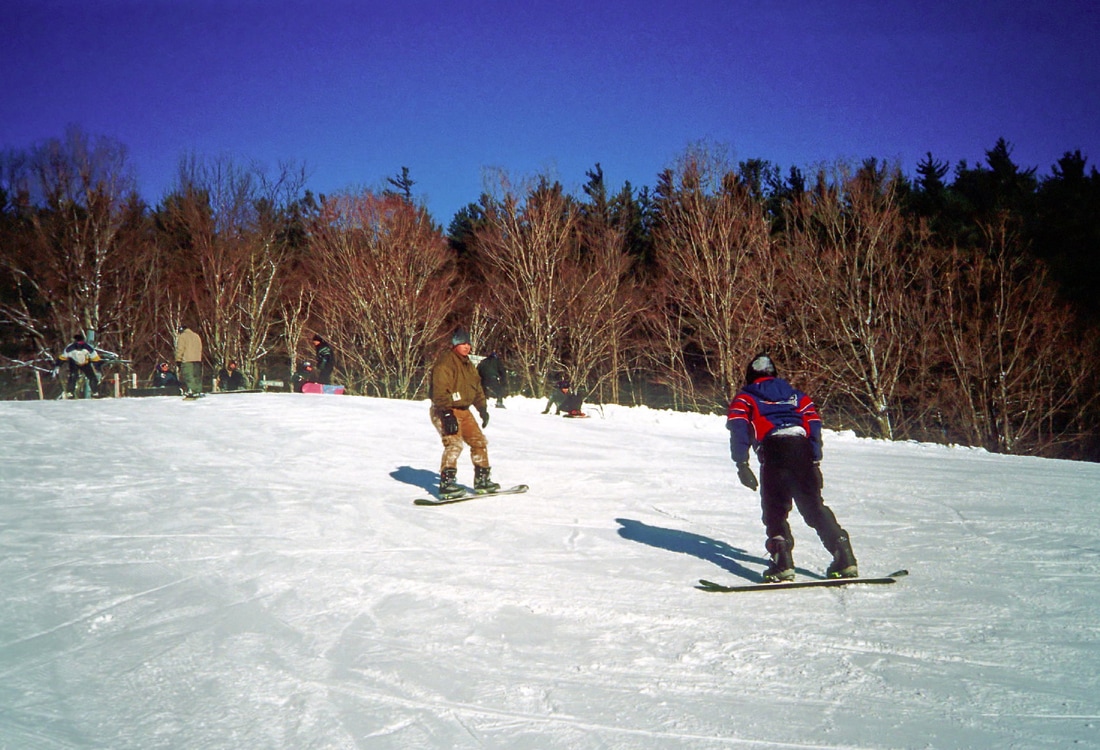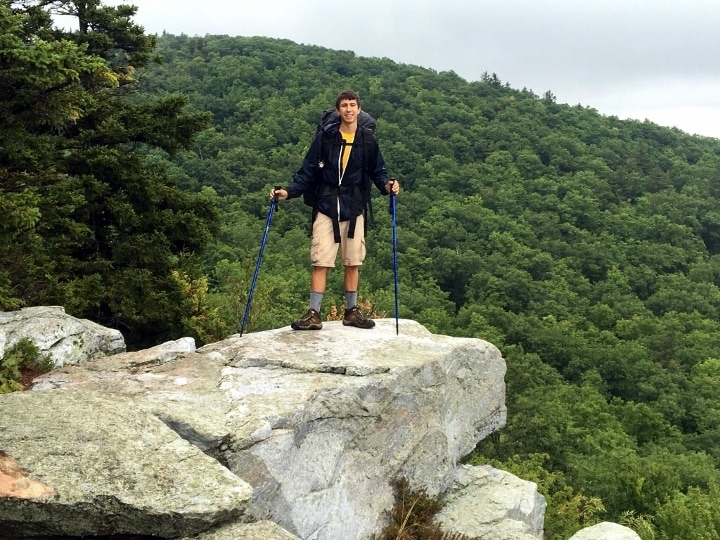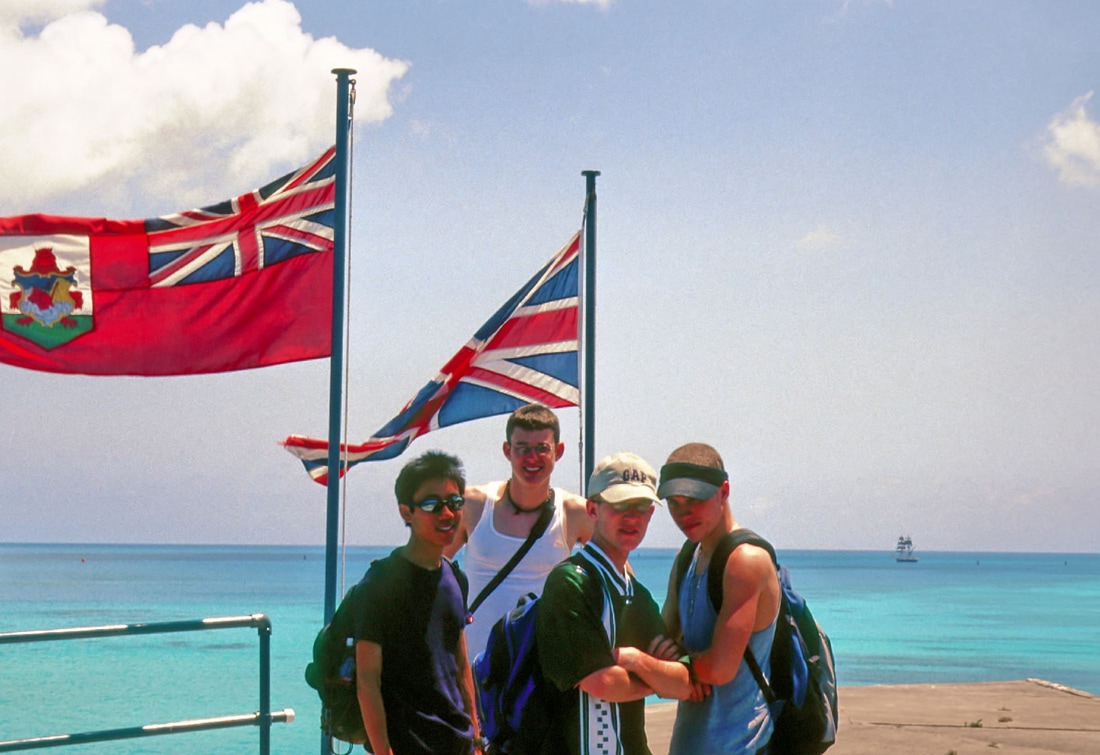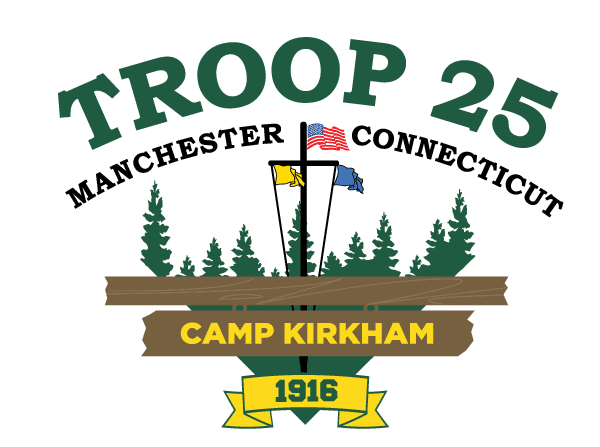Boy Scout Program
For the first three years of the program, scouts are organized in patrols where they learn the basic skills.
|
By design, trading being a ‘Boy Scout’ for a ‘Senior Scout’ meant you had really made it in a number of direct and subtle ways. At Camp your tents were located in a different area, as were your position at Retreat. You could project that attitude of superiority to the younger ones. Inspections might be more relaxed and Senior Taps was later.
You learned how to sail—the first craft operating on a power other than your own. Being at Camp Apache, Lake of Isles, meant you had to row or canoe across the lake to their sailing base. Combine that with the time needed for the return trip, and your thoughts of spending the afternoon skimming across the water on a sailfish with the wind were quite curtailed. This also brought out the nature of a council camp. By the time Troop 25 arrived near the end of the camping season, these fine craft had been in weeks of use and showed the wear, sometimes broken parts that diminished what a sailfish could be capable of. There was the Dance—held in the Apache Dining Hall—where you got cleaned up for the occasion. There was Senior Discussion led by the very credible Scoutmaster that talked plainly and did not shy from difficult topics. The Night Orienteering Hike, with rumors of groups being possibly shot at or dogs chasing them (Harry liked to tell that an alumnus sent a note from military boot camp that judged our Troop orienteering more difficult). The Senior Pleasure Trip that took the day away from camp on a three year rotation—the Coast Guard Academy, (?), and—the Deep Sea Fishing Trip. Harry chartered a boat that let us learn how to ocean fish, catching sea-robins and sand sharks, then enjoying the relaxing boat ride back. First-year Seniors usually faced drama and trauma for a logical reason. They had gotten used to having the celebrated position of being oldest by their third year, especially in being Patrol Leader. Trading your Patrol for Crew became the start of focusing on developing the solidarity for your Age Group. That would be the group that you would bond and share the upcoming Senior activities and adventures and give you the lasting identity in Troop History. Thus, being used to having younger minions the year before became the sometimes shocking reality that your Crew mates were relatively of the same age and stature—and took growing maturity and perseverance to make the overall plan take shape and jell. During the Wednesday Night Meetings, you were in rooms away from the Patrols that gave an aura of mystery about you to the younger scouts. Within scouting, there were other options for older youth. John Mullen Sr. belonged to the Air-Scouts, there were Sea Cadets, Explorers and those active in the Honor Society. The stability of seven years, especially today, is an incredibly long time to belong to a single organization while growing up. |
If you are interesting in learning more about Boy Scout Troop 25, click the button below to complete the inquiry form and a leader will contact you.
|




